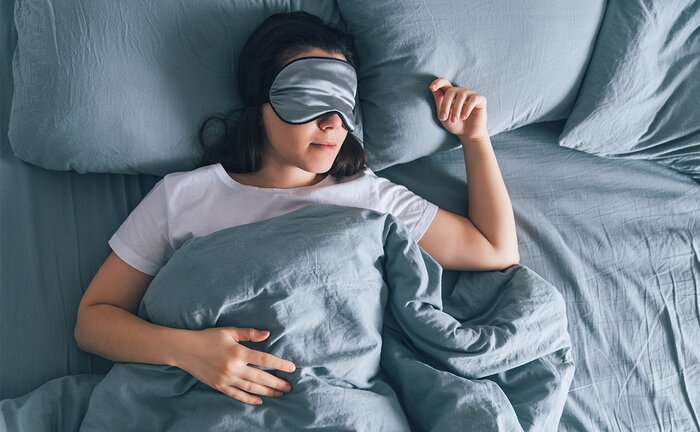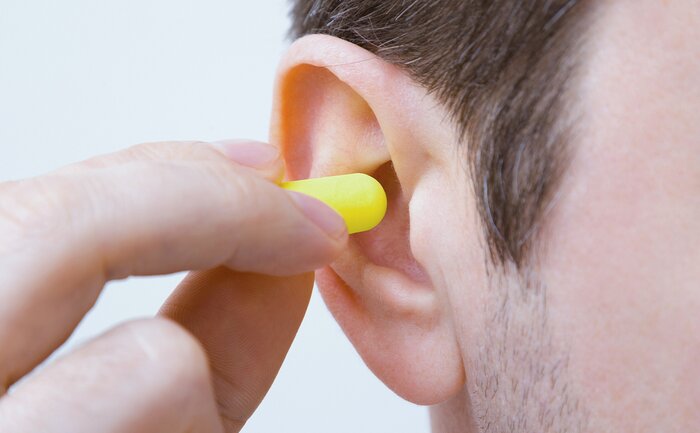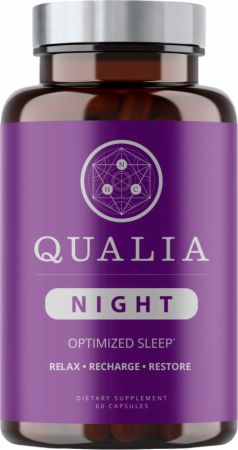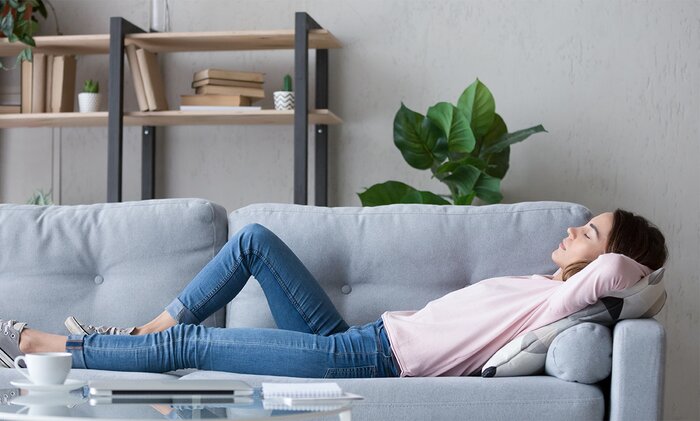Everyone knows how wonderful it feels to wake up after a refreshing sleep, but you may not know just how critical getting a full night of sleep is to your health and to achieving optimal mental performance.
In his 2014 TED Talk, neuroscientist Jeff Iliff explains that sleep and sleep quality are essential to maintaining brain function. The intense electrical activity undertaken by the brain consumes one-quarter of the body's entire energy supply. Consequently, clearing waste from the brain is a major challenge. The clear cerebrospinal fluid meets that challenge, flushing waste from throughout the brain and moving it into the blood; however, this only happens in the sleeping brain—never when you're awake.
How can you improve your quality of sleep? These tips are based on current neuroscience and can help you train yourself into getting more, higher quality sleep.
Tip 1: Get the Right Amount of Sleep
No one prescription for sleep duration applies to everyone all the time. Still, for most people, 7-9 hours per night is optimal. Finding your own sweet spot for sleep may involve trial and error. The goal is to wake up feeling refreshed, without the need for caffeine or other stimulants, and to feel alert throughout the day. The demands you place on yourself during the day may affect how much sleep you need at night.
Tip 2: Go Dark
The darker your sleep environment, the better. Humans evolved to sleep in total darkness, without the constant humming of electric lights or the emanations of blue light from electronic devices.
Aim to keep your electronics dark when you sleep. If you can't, cover your eyes with an eyeshade. If light seeps through your windows, try blackout shades.

Tip 3: Create a Transition Time
After sunset, dim all the lights in your house so you don't artificially wake yourself at the wrong time. Install dimmer light switches if you can.
Avoid using electronics before bed. If you want or need to watch an electronic screen at that time, wear blue-light-blocking glasses or use a night light setting that's amber rather than blue.
Finally, create a daily routine as you transition from waking to sleep. Read using light that isn't blue, listen to a podcast or an audiobook, or listen to soothing music.
Tip 4: Cool Off
In order to initiate sleep, reach deeper levels of sleep, and stay asleep, your body must be cool and able to control its own temperature. Sleeping in a cooler room with linens to cover your body is the best means to this end. The National Sleep Foundation recommends an ambient temperature of 60-67 degrees for optimal sleep.
Tip 5: Keep It Down
Most people don't need complete silence to sleep, but they do need to avoid loud, startling noise. If necessary, wear soft foam earplugs to bed, or use a box fan or white noise machine while you sleep.

Tip 6: Choose a Comfortable Mattress and Pillows
This can take trial and error; a mattress that's perfect for someone else may be terrible for you, and vice versa.

Tip 7: Stick to a Schedule
Going to bed at the same time every night should be part of your routine, even on weekends. This allows you to harness the power of your body's circadian rhythms. Daily exposure to sunlight in the morning also helps anchor your body's biological clock.
Tip 8: Avoid Regular Napping
If you get all the sleep you need at night, your body and mind will feel sleepy at bedtime and alert during the day. If you nap regularly, your body learns that it's OK to get tired during the day and there's no need to get all the sleep you need at night.
If your schedule is unusual and you really need routine naps or to catch up occasionally on the weekend, take them. Just make sure you nap for less than an hour.

Tip 9: Exercise Early in the Day
The more mentally and physically active you are during the day, the better you should sleep at night. Performing intense exercise within a few hours of bedtime can disrupt your sleep. And although it may be tempting when you're busy, never skip sleep to work out.
Tip 10: Try Blue Light Therapy
If you tend to suffer a midday slump, blue light therapy can help pick you up. Alternatively, head outside and get some natural light, preferably with a brief but brisk walk.
Tip 11: Keep a Journal or List
For many people, it's the long list of undone tasks that keeps them awake, the constant thought-churning that stops their mind from relaxing. To counteract that process, keep a journal or list of tasks. Once you've jotted down everything, your mind can stop juggling all the information, allowing you to sleep.
Tip 12: Support Your Sleep with Proper Nutrition
Caffeine-containing foods and drinks are among the top sleep disruptors. Foods high in saturated fats cause less slow-wave sleep and more sleep fragmentation.

On the flip side, eating foods high in fiber throughout the day contributes to deeper slow-wave sleep.
You can upgrade your evening routine by taking Qualia Night with dinner. It supports deep sleep and the body’s own overnight restorative powers. You’ll certainly find that a good night’s sleep improves your workouts.*
No matter what you're eating, avoid eating too much of it within two hours of going to bed. Big meals can disrupt sleep and cause indigestion. Using alcohol and nicotine within six hours of bedtime can also disturb your sleep.
Tip 13: Take a Sauna or Hot Bath
People use saunas to relax and recover from intense physical activity, and for numerous other purported health benefits. If you can't use a sauna, take a hot bath. Once you leave the heat, your core temperature will drop, helping you sleep.
*This statement has not been evaluated by the Food and Drug Administration. This product is not intended to diagnose, treat, cure, or prevent any disease.


